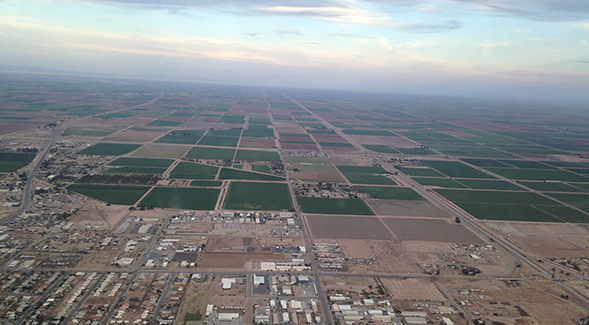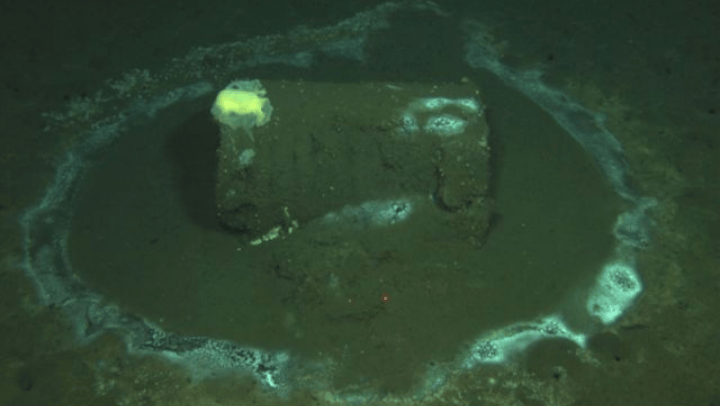Imperial Valley is Focus of Study on High Heat and Social Inequality
Students will assist in an NSF-funded project researching how soaring temperatures and lack of access to cooling technology affect residents of desert communities in comparison to Rio de Janeiro.

In the desert climates of Southern California’s Imperial Valley, high temperatures can average over 100 degrees for months on end. For residents who are impoverished and living without air conditioning or other relief, the extreme, life-threatening heat represents what anthropology professor Erika Robb Larkins considers a form of socioeconomic inequality.
After years of research on similar divides in Rio de Janeiro, Brazil, Larkins now plans to enlist undergraduates from San Diego State University Imperial Valley to compare its issues of heat and social inequality with a similarly uneven struggle to stay cool in the area where they live.
Larkins, director of the Behner Stiefel Center for Brazilian Studies, was awarded a $200,000, three-year National Science Foundation (NSF) grant for the comparative case study.
The research team of social scientists and students will examine how, in both settings, exposure to high temperatures and access to technologies to cool down are linked to race, socioeconomic status and other demographic lines. It’s one of three recent grants to the College of Arts and Letters centered on Brazil-related projects.
In her previous research in low-income communities of Rio de Janeiro, Larkins said she saw that access to cooling technologies was tied to socioeconomic circumstances, bound to get worse with continued climate change.
“For instance, without access to air conditioning, swimming pools or the beach, one of the only ways kids in favelas (low-income communities) can cool down is by turning their family’s water tank into a pool during summer,” Larkins said. “With rising temperatures, it will only get more complicated.”
SDSU Imperial Valley contributors are Linda Abarbanell, associate professor of psychology and Araceli Saucedo Villanueva, assistant director of research advancement.
This project is committed to providing students with the chance to gain hands-on research experience both in Brazil and in the Imperial Valley. “The grant will provide five students with a fully-funded international research experience,” Larkins said.
Students will also gain access to methodological training to highlight problems that might affect their families and communities — “showing them how scientific research offers potential solutions not only to individual experiences with inequality but also to ingrained problems of structural differences,” Larkins’ proposal states.
Larkins also was awarded a National Endowment for the Humanities (NEH) Institute for Higher Education grant to develop an institute to assist faculty in incorporating Brazil into their research and teaching. Twenty-five faculty scholars from institutions around the U.S. will participate in a three-week intensive seminar at SDSU next summer, on issues of urban space and inequality in Brazil.
And David Cline, professor of history and director of the Center for Public and Oral History, received an NEH Public Scholars grant to write the manuscript for “The Last Great Trip to Nowhere: A True Story of the Brazilian Jungle and the Final Gasps of the Victorian Age of Exploration'' about a 1931 expedition.



